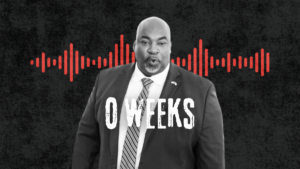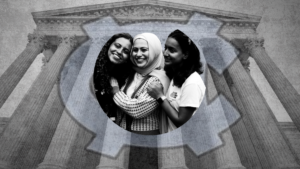
NC GOP Sen. Lisa Stone Barnes is a MAGA Extremist Who Lied to Voters About the Impact of Our State’s Abortion Ban
Republican state Sen. Lisa Stone Barnes voted for the state’s 12-week abortion ban (and the veto override) and then lied to her constituents, telling them the ban would “expand the rights of women.”









